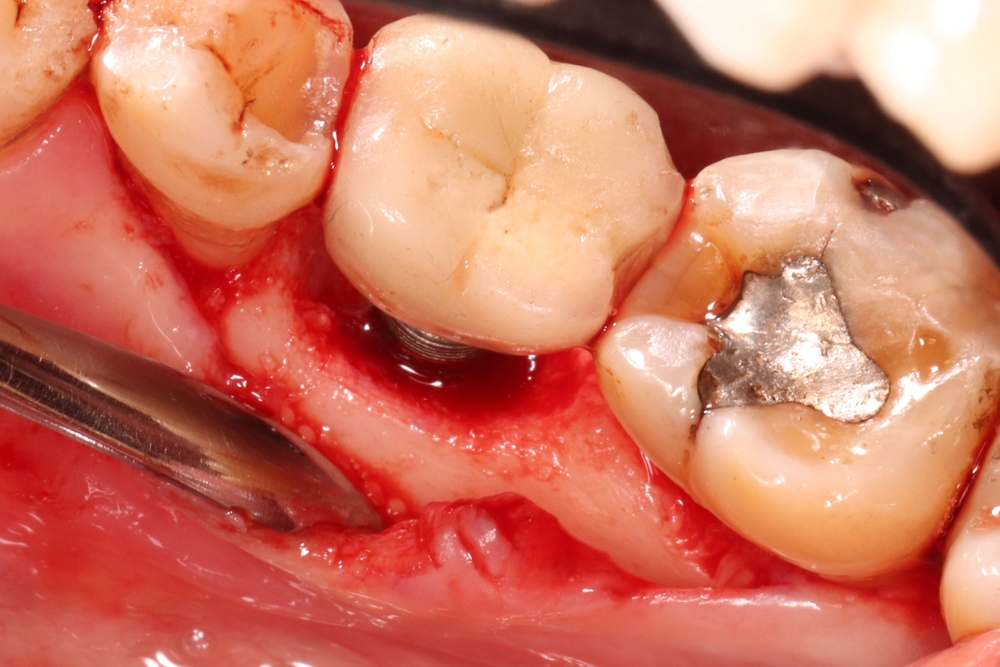Making the choice to retire after a long and fulfilling career is never easy. However, it is also an exciting time and a chance for you to finally reap the rewards following years of hard work.
Now, as you head into the last few years of your career it’s important to make sure that you have an exit plan in place that will ensure your retirement meets your expectations.
What do you want from retirement?
All of us have different goals, and not every retirement vision is the same. That’s why the first part of every exit plan should be to sit down and think about what you want from the years beyond your career. Of course, achieving stability and having enough money to maintain a certain standard of lifestyle will be desired by everyone, but there are other aspects to consider.
 For instance, say you want to use your retirement to travel or to start a new hobby that requires significant finances – you need to make sure that this is financially viable. If you have family, now is also a good time to plan for the future and see how you can maximise funds to support your loved ones.
For instance, say you want to use your retirement to travel or to start a new hobby that requires significant finances – you need to make sure that this is financially viable. If you have family, now is also a good time to plan for the future and see how you can maximise funds to support your loved ones.
Your pension/s are paramount
In your final years of employment, you need to ensure that your pension is working its hardest for you. Depending on when you started your career, you may have multiple pension policies. For some people, amalgamating these pensions into one pot could be beneficial, especially as this would make keeping on top of any associated paperwork more straightforward.
You may also use this opportunity to scout the market for any new pension policies that will provide better benefits for you. A new policy may provide better returns, for example, and help you to earn more capital in the remaining years of your career so that you have a bigger lump sum available once you can claim it.
Bank accounts – are you getting the best deal?
Much like ensuring you’re on the best pension policy, your bank accounts can also help you to accrue extra capital as you head towards retirement. Part of your exit plan should be to look at the current and savings account you currently use and see whether there are alternatives out there that will offer you something better.
There is an element of risk here – high interest accounts are generally not as predictable as those with very low interest rates – but putting your money in these can result in a much higher return.
Accounts offered by leading banks also have some very enticing benefits depending on your goals. For instance, if travelling a lot in your retirement is a part of your plan, you could look at bank accounts that offer travel insurance as a perk. Some bank accounts will also offer useful everyday cover such as car insurance and mobile phone insurance as part of their offering – it’s a smart idea to compare accounts, their usage fees (if there are any) and the perks available to see which are the best fit.
Offshore bank accounts are also an avenue worth exploring. Despite their bad press, there’s nothing illegal about banking offshore, and these accounts can sometimes offer interest rates that are far more palatable than those in the UK.
What about investing?
Retirement doesn’t automatically mean you only have a finite amount of money in your life. If you want to continue to capitalise on your available funds and even make money, investing and exploring the stock market could be a good avenue to explore.
This isn’t without risk – in fact, stocks and shares are never a guaranteed way to make money and there are always market fluctuations and other factors that can impact the worth of your investments. However, if you invest wisely this can be a great way to ensure that your finances remain healthy throughout retirement. Additionally, these investments can be transferred to friends or family during your lifetime, and can be included in your will.
Make the right choices with expert advice
Creating an effective exit plan requires preparation and understanding of your finances. To ensure that you have all the elements in place for the retirement you desire, you should seek guidance from independent financial advisers.
The team at money4dentists are here to help you create an exit strategy that will help guarantee you the retirement you desire. With decades of experience, our award-winning advisers only work with dentists, meaning that we understand the unique needs of professionals. Plus, our advice is always up-to-date and tailored to you, ensuring you can maximise your finances and reach your goals.
Start planning now for the best future
The sooner you put your exit plan in place, the better your finances for retirement will be. By enlisting the help of experts, you can ensure that your money goes further and that you have everything you need for the retirement you hoped for.

For more information, please call 0845 345 5060 or 0754DENTIST.
Email info@money4dentists.com or visit www.money4dentists.com
Richard T Lishman
Managing Director of the 4dentists Group of companies





 Referring your patient will help them understand the process required to restabilise their treatment, and the pros and cons of all their options for what to do next. More than any other area of dentistry, for quality implant therapy, teamwork is critical. The implant team will ensure your patient is well looked after, and treated with kindness and empathy. They will give them all the support and information they need to make the right decision, also the confidence for a good outcome. The core implant team will have well-trained individuals with the clinical expertise to perform any additional procedures that may be required to mitigate failed osseointegration in house. In cases of insufficient bone volume, width or density, these could include things like bone grafting or a sinus augmentation. This is where the sinus floor is lifted, to provide sufficient bone under the maxillary sinus to make it ‘taller’.
Referring your patient will help them understand the process required to restabilise their treatment, and the pros and cons of all their options for what to do next. More than any other area of dentistry, for quality implant therapy, teamwork is critical. The implant team will ensure your patient is well looked after, and treated with kindness and empathy. They will give them all the support and information they need to make the right decision, also the confidence for a good outcome. The core implant team will have well-trained individuals with the clinical expertise to perform any additional procedures that may be required to mitigate failed osseointegration in house. In cases of insufficient bone volume, width or density, these could include things like bone grafting or a sinus augmentation. This is where the sinus floor is lifted, to provide sufficient bone under the maxillary sinus to make it ‘taller’.
 However, one thing that all of these platforms have in common is that they are utilised by individuals to share information – something that has both positive and negative consequences.
However, one thing that all of these platforms have in common is that they are utilised by individuals to share information – something that has both positive and negative consequences.



